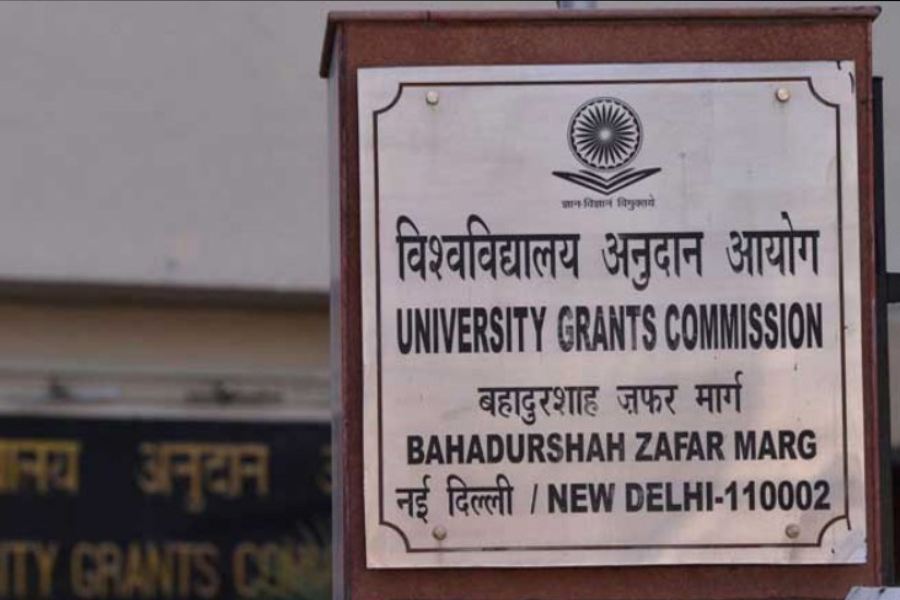Associations of faculty members of central and state universities on Wednesday expressed concern over the "decline" in teaching and research standards in institutions because of alleged interference and issuance of diktats by the Union government and its agencies.
The Federation of Central Universities Teachers’ Associations (FEDCUTA) and the All India Federation of University and College Teachers Organisations (AIFUCTO) will hold a march and a public meeting on Thursday on the occasion of Teachers' Day against the National Education Policy (NEP) and the government's interference in the autonomy of institutions.
They cited the measures taken by the University Grants Commission (UGC) — the higher education regulator — like asking universities to admit PhD students through the National Eligibility Test (NET) and follow the Common University Entrance Test-Undergraduate (CUET-UG) and CUET-Postgraduate for admission to their UG and PG courses, respectively.
The UGC has decided to allow universities to permit students to pursue two academic degree programmes simultaneously.
Surajit Mazumdar, a faculty member of Jawaharlal Nehru University (JNU), said that the education commissions had recommended granting autonomy to universities to enable them to excel whereas the UGC had been curtailing the independence of institutions to decide their own affairs.
"The institutions have the expertise to decide on their academic and administrative affairs. Without holding any discussions with institutions and faculty members, the UGC is taking all decisions on how the universities should admit students, hold exams, and award credits and degrees. No good university functions on diktats from the top,” Mazumdar said.
Devashish Sengupta, a member of the Assam University Teachers’ Association, said that the NEP talked about running multi-disciplinary courses. However, the universities have integrated content for a variety of courses such as skill education and value education with regular BA, BSc and BCom courses.
“Students are dropping out of honours courses in a year or two. They realise the courses have been designed in a way that the content of core subjects is limited,” he said.
Sengupta said teachers were deployed for election duties by the administration during the last Lok Sabha elections, impacting the functioning of Assam University and Tripura University.
J.K. Prajapat from the Central University of Rajasthan said that the hike in tuition fees had been a routine affair in the new central universities which have been asked by the government to generate internal resources.
"Every year, our university is increasing fees by 10 per cent. Students of BA, BCom and BSc courses have to pay tuition fees of over ₹15,000 per semester. This discourages poor students from pursuing higher education,” he said.
The teachers’ bodies said the funding agencies for research projects had prescribed specific research areas, thereby denying opportunities for research in areas uncomfortable for the government.
They demanded the scrapping of the NEP, more funds and grant of greater autonomy for institutions to manage.











